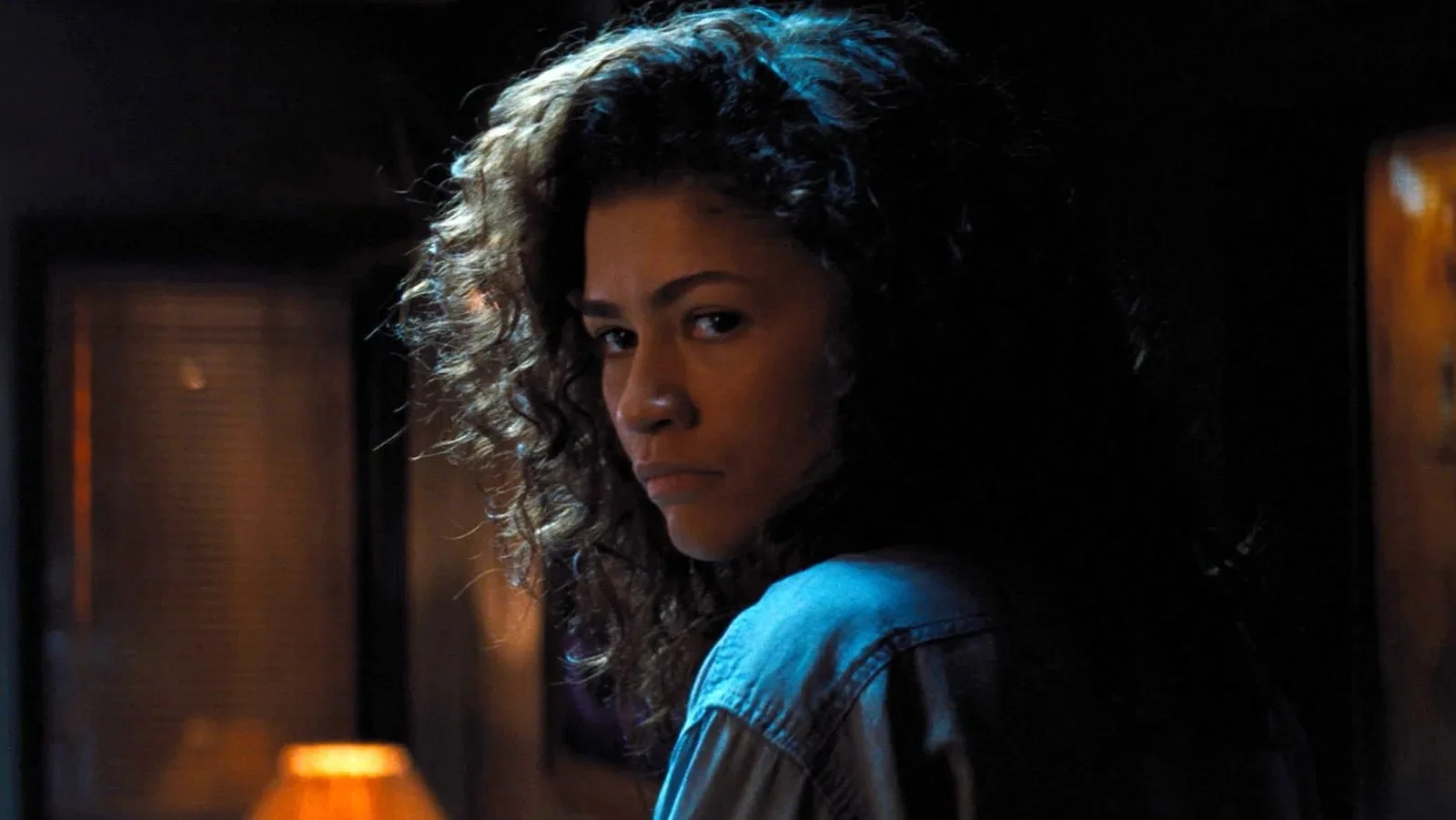Why Should We Care? The Key to Writing Characters
Imagine this: You’re watching a new TV show or movie. The premise is interesting, the cinematography is great, the dialogue is snappy… but something’s missing.
You don’t care.
And if the audience doesn’t care, nothing else matters.
The biggest mistake writers make—especially new writers—is thinking that a strong concept is enough. But even the most exciting idea falls flat if the audience isn’t invested in the characters.
So how do you make sure people care?
It all comes down to one simple question:
🔑 What does your character want, and what are they willing to do to get it?
If you can answer that, you have the foundation of a great script. If you can’t, your story will feel hollow—no matter how well-written!
The Core of Every Great Story: Desire & Drive
At its core, storytelling is about want. A character wants something, but there are obstacles in their way. Their struggle to get it is what keeps the audience engaged.
✅ Breaking Bad – Walter White wants power and control over his life. That desire drives every single choice he makes, from cooking meth to committing murder.
✅ Euphoria – Rue wants peace from her inner turmoil. Her addiction, self-destruction, and relationships all stem from that core need.
✅ Fleabag – Fleabag wants love and connection but constantly sabotages herself. Her journey is heartbreaking, hilarious, and entirely driven by her inability to truly let people in.
Without want, there’s no conflict. Without conflict, there’s no story.
And the best part? A character’s desires don’t have to be noble. Some of the most compelling characters are driven by selfish, destructive, or morally gray motives. What matters is that their goals are clear and specific—not vague, not passive, not just “reacting” to what’s happening around them.
📖 Want to dive deeper into episodic storytelling? Save The Cat! Writes for TV is an absolute must-read for breaking down what makes shows like this work.
The #1 Sign Your Script Has a Weak Character
A common mistake I see when giving feedback on scripts is that the protagonist is too passive.
If your character is just reacting to things rather than actively pursuing something, your story will feel directionless.
🚨 Ask yourself:
If my character never made a choice, would the story still happen?
Is my character driving the action, or are they just being pushed around by external events?
Can I sum up my character’s want in one clear sentence?
If you can’t confidently answer these questions, your script probably needs work.
Writing Tip: Make Your Character’s Want Specific
A strong want isn’t vague—it’s precise. Instead of:
🚫 “She wants to be happy.” → Too general.
✅ “She wants to reunite with her estranged daughter, but her criminal past keeps getting in the way.”
🚫 “He wants to be successful.” → Too broad.
✅ “He wants to become a famous chef, but he’s stuck flipping burgers at a fast food chain.”
🚫 “They want to belong.” → Too abstract.
✅ “They want to make the varsity team to prove they’re more than just a nerd.”
The more specific your character’s desire is, the more opportunities for conflict arise. And conflict is what keeps an audience engaged.
The Best Characters Have a “Line” They’re Willing to Cross
A great character is defined by how far they’re willing to go to get what they want.
Think of characters like:
🔥 Villanelle (Killing Eve) – Wants affection and attention, but will literally murder to get it.
🔥 Beth Harmon (The Queen’s Gambit) – Wants to be the best chess player in the world, but her self-destructive tendencies push her toward addiction.
🔥 Jax Teller (Sons of Anarchy) – Wants to protect his family and motorcycle club, but his choices lead to tragedy.
The audience stays invested because these characters constantly push their own moral boundaries.
When you’re writing, ask yourself:
👉 What is my character willing to do?
👉 Where is their line?
👉 What would make them cross it?
The moment a character is faced with an impossible choice is the moment the audience leans in.
Why This Matters for Your Script’s Success
It’s not enough to know your character’s want—you have to make it clear to anyone reading your script or pitch.
If a producer, executive, or agent doesn’t understand what your character wants within the first few pages, they’re probably moving on.
This is why pitch decks are so powerful. A strong character section in your pitch deck:
✅ Clarifies the protagonist’s goal
✅ Highlights the stakes
✅ Shows what makes your character compelling
This is why all my pitch deck templates include customizable character slides—because when you’re selling your script, this is what people care about first.
📌 Need a professional pitch deck? Check out my templates here.
Need Help Strengthening Your Characters?
If your characters feel flat or passive, if your story feels directionless, or if you’re struggling to figure out what your character really wants, this is exactly why Save the Cat! Script Coaching exists.
This coaching program helps screenwriters:
✔ Identify weak character motivations
✔ Learn how to create active, compelling protagonists
✔ Fix scripts that feel directionless or low-stakes
🎯 Get expert feedback on your script today with Save the Cat! Script Coaching.
Final Takeaway: If We Don’t Care, Nothing Else Matters
Your concept, dialogue, and worldbuilding can be incredible, but if your character doesn’t have a strong want driving them forward, your story will never hit as hard as it could.
Before you write another scene, pitch another project, or send out your script, ask yourself:
🚨 Why should we care? 🚨
If you can answer that question with clarity and confidence, you’re already ahead of 90% of writers trying to break into the industry.
Next Steps for Screenwriters:
✅ Want a professional pitch deck? Shop The Text Files Pitch Deck Store.
✅ Need help strengthening your characters? Try Save the Cat! Script Coaching
✅ Want a step-by-step guide to crafting great characters? Read my post: How to Craft Characters That Bring Your Script to Life.






